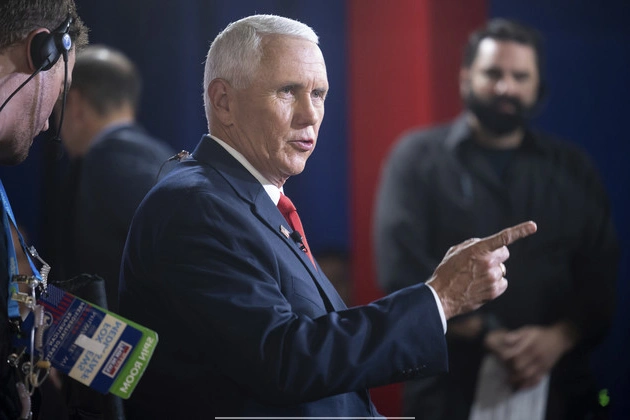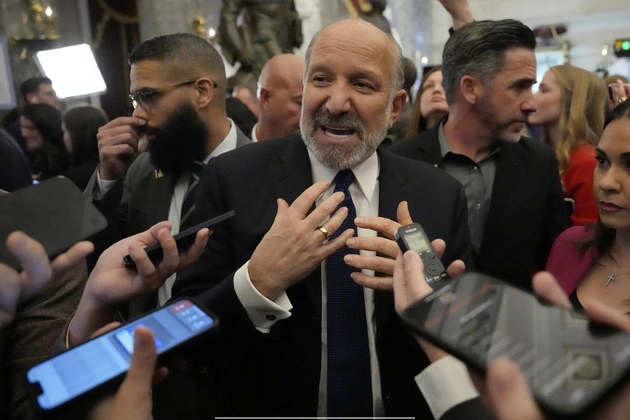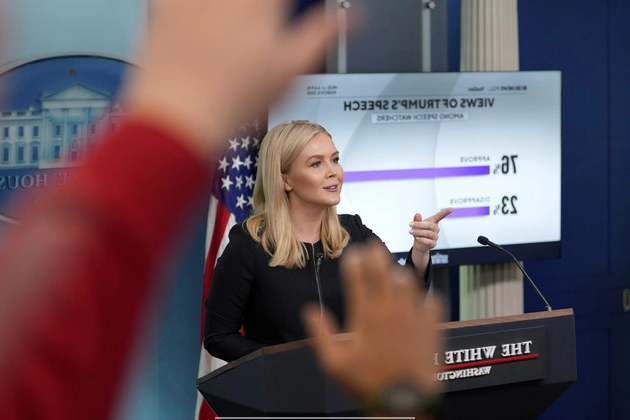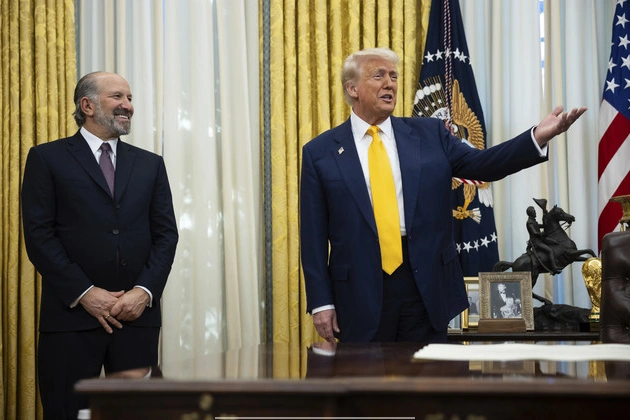
President Donald Trump’s sweeping tariffs on Mexico, Canada, and China may be illegal under the Constitution. But blocking the tariffs in court is likely to be difficult — and time-consuming.
Trump announced Saturday he was levying 25 percent tariffs on goods from Mexico and Canada and a 10 percent tariff on goods from China, under the International Emergency Economic Powers Act, a little-known law passed nearly 50 years ago. It’s the first time a president has ever used the law to impose tariffs, although the measure has repeatedly been used by past administrations to enact sanctions.
Legal Battles Ahead
Trump’s novel use of the law is likely to spark legal battles that will test the limits of a president’s executive power. The International Emergency Economic Powers Act, passed in 1977, grants the president broad authority over economic transactions, and a wide range of abilities to deal with “any unusual and extraordinary threat,” stemming in whole or in part from foreign sources.
Presidents, including Trump’s predecessor Joe Biden, have used the law to impose economic sanctions on other countries. But the closest a president has come to citing a national emergency to impose tariffs was when President Richard Nixon used a different law to levy a temporary universal tariff on all imports in 1971.
Trump justified his new tariffs by pointing to “the major threat of illegal aliens and deadly drugs killing our Citizens, including fentanyl,” which he claims Mexico, Canada, and China are not doing enough to keep from coming into the United States.
But legal experts question the validity of using IEEPA for trade actions. Bill Reinsch, a former Commerce Department official, said Trump’s use of IEEPA “doesn’t really pass the red-face test,” setting the stage for potential legal challenges.
Potential Legal Challenges
While it is possible that companies or industry groups would seek an injunction, they probably face an uphill battle blocking the new tariffs. Major business groups like the U.S. Chamber of Commerce and American Farm Bureau Federation are already sounding alarms about Trump’s decision to impose tariffs and are calling on the three countries to reach a deal.
Any lawsuit isn’t likely to be filed until after the tariffs go into effect. And there’s a good chance the Trump administration will negotiate a reduction in the tariffs with Mexico, Canada, and China before any suits wind their way through the courts.
International Response
China has already threatened to file a complaint with the World Trade Organization and take countermeasures to safeguard its own interests. The U.S. effectively killed the WTO Appellate Body during Trump’s first term, leaving it without the ability to adjudicate disputes.
The more likely avenue to resolve the dispute could be during the review of the U.S.-Mexico-Canada Agreement next year. Congress could also pressure Trump to rein in his tariffs, although Republicans have been cautious in criticizing his trade strategy.
Trump’s use of IEEPA for tariffs raises questions about executive power, legal challenges, and international trade implications. The coming months will determine the extent of legal battles and the impact on global commerce.















